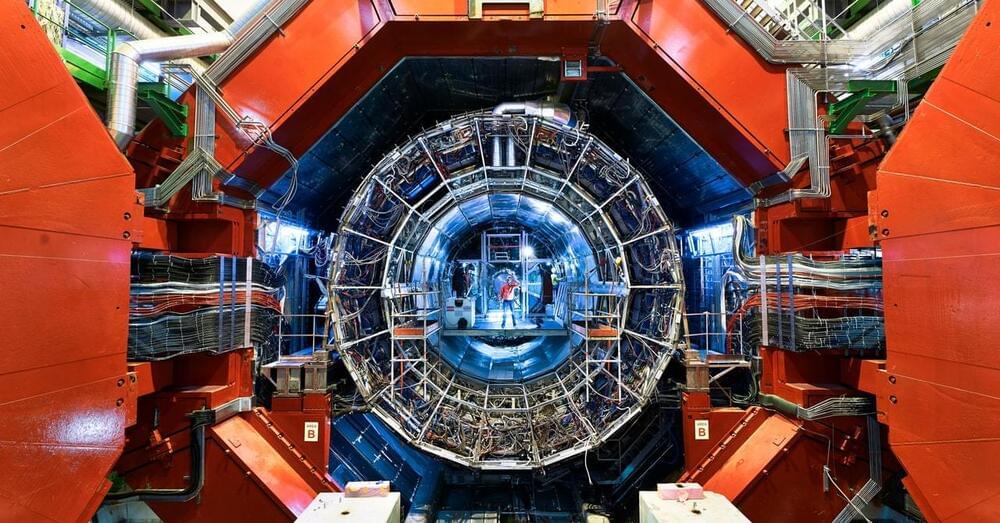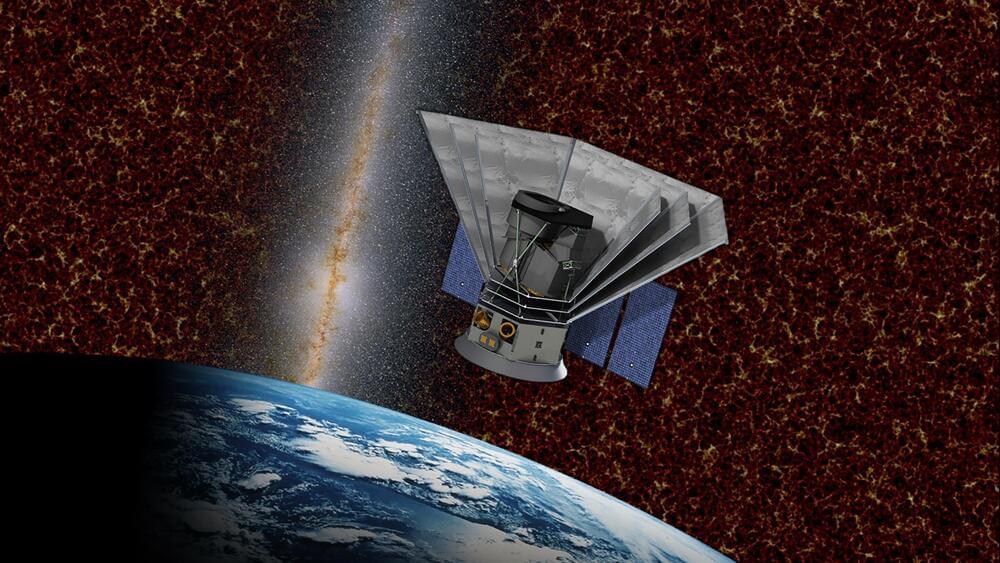ZeroHedge — On a long enough timeline, the survival rate for everyone drops to zero.
Get the latest international news and world events from around the world.



National Ignition Facility demonstrates net fusion energy gain in world first
After six decades we have finally reached controlled fusion “ignition.” Here is how it works and what it means (and doesn’t mean):
At the Lawrence Livermore National Lab (LLNL) the National Ignition Facility (NIF) starts with the Injection Laser System (ILS), a ytterbium-doped optical fiber laser (Master Oscillator) that produces a single very lower power, 1,053 nanometer (Infrared Light) beam. This single beam is split into 48 Pre-Amplifiers Modules (PAMs) that create four beams each (192 total). Each PAM conducts a two-stage amplification process via xenon flash lamps.
Surpassing energy breakeven at US facility constitutes a “Wright brothers moment” for fusion research, say researchers.


Could axion decay underlie excess cosmic optical background?
The cosmic optical background (COB) is the visible light emitted by all sources outside of the Milky Way. This faint glow of light, which can only be observed using very precise and sophisticated telescopes, could help astrophysics to learn more about the origins of the universe and what lies beyond our galaxy.
Last year, physicists working at different institutes across the United States published the most precise COB measurements collected so far, gathered by the New Horizons spacecraft, an interplanetary space probe launched by NASA over a decade ago. These measurements suggested that the COB is two times brighter than theoretical predictions.
Researchers at Johns Hopkins University have recently carried out a theoretical study exploring the possibility that this observed excess light could be caused by the decay of a hypothesized type of dark matter particles, known as axions. In their paper, published in Physical Review Letters, they showed that axions with masses between 8 and 20 eV could potentially account for the excess COB flux measured by the New Horizons team.

Mike West at RAADfest 2022
I knew my life would be spent trying to tackle the problem of defeating death itself.
Dr. Michael West presents on age reprogramming to induce tissue regeneration (iTR) at RAADfest 2022.
More videos about AgeX and reprogramming: https://www.youtube.com/playlist?list=PLtstRX3oAlvMPjyhW8IbS2UtEYXq8_D0z.

Google Labs unveils Pitchfork, an AI that can convert old code to new code and rewrite itself
After six decades we have finally reached controlled fusion “ignition.” Here is how it works and what it means (and doesn’t mean):
At the Lawrence Livermore National Lab (LLNL) the National Ignition Facility (NIF) starts with the Injection Laser System (ILS), a ytterbium-doped optical fiber laser (Master Oscillator) that produces a single very lower power, 1,053 nanometer (Infrared Light) beam. This single beam is split into 48 Pre-Amplifiers Modules (PAMs) that create four beams each (192 total). Each PAM conducts a two-stage amplification process via xenon flash lamps.
Self-coding and self-updating AI algorithms appear to be on the horizon. There are talks about Pitchfork AI, a top-secret Google Labs project that can independently code, refactor, and use both its own and other people’s code.
This type of AI has actually been discussed for a long time, and DeepMind mentioned it at the beginning of the year along with the AlphaCode AI, which, according to them, “code programs in competitive level” as a middle developer. However, since February, there hasn’t been any more interesting news.
Scientists create living smartwatch powered by slime mold
Devices such as cellphones, laptops and smartwatches are constant companions for most people, spending days and nights in their pocket, on their wrist, or otherwise close at hand.
But when these technologies break down or a newer model hits stores, many people are quick to toss out or replace their device without a second thought. This disposability leads to rising levels of electronic waste—the fastest-growing category of waste, with 40 million tons generated each year.
University of Chicago scientists Jasmine Lu and Pedro Lopes wondered if they could change that fickle relationship by bringing devices to life—literally.